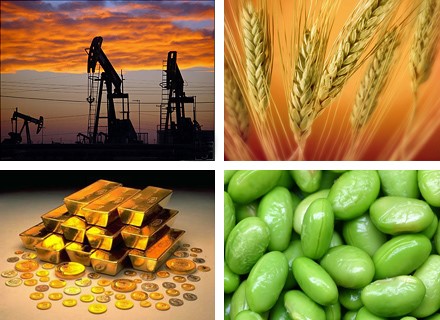In our Commodities Jobs section, you will find all the newest jobs in commodities posted by recruiters and commodities trading companies in London and in the U.K., to be employed as a commodities trader or broker. This FAQ page aims to help to understand what are commodities in finance and their categories, history and basic knowledge.
A bit of history…
Did you know that rice futures have been traded in China dating 6000 B.C.? Ancient civilizations traded a wide array of commodities, including livestock, seashells, spices and gold. Although the quality of the product, date of delivery and transportation methods were often unreliable, commodity trading was an essential business. The might of empires can be viewed as proportionate to their ability to create and manage complex trading systems, facilitating commodity trades. Commodities served as the wheels of commerce, economic development and taxation for the kingdom’s treasuries.
 What are the categories of commodities?
What are the categories of commodities?
The four categories of trading commodities include:
- Energy (including crude oil, heating oil, natural gas and gasoline)
- Metals (including gold, silver, platinum and copper)
- Livestock and Meat (including lean hogs, pork bellies, live cattle and feeder cattle)
- Agricultural (including corn, soybeans, wheat, rice, cocoa, coffee, cotton and sugar)
Commodity trading is generally carried out in the futures market: the futures market is the one in which there is an agreement to purchase a product after a definite period of time at a pre-determined price.
An agricultural example: Farmers who are uncertain of the monsoon pattern for that year want to hedge their risk against the monsoon. They enter into a contract with a large MNC who agrees to purchase the commodity at a pre-determined price. By fixing the price, the farmer has hedged his bets against the monsoon fury/drought and secured his income from farming.
An energy example: the airline sector is an example of a large industry that must secure massive amounts of fuel at stable prices for planning purposes. Because of this need, the airline companies engage in hedging and purchase fuel at fixed rates (for a period of time) to avoid the market volatility of crude and gasoline, which would make their financial statements more volatile and riskier.
Trading in precious metals (like Gold) can be used as a hedge against high inflation or in periods of currency devaluation. Gold has been historically viewed as a reliable, dependable metal with conveyable value. Gold can be used to hedge your portfolio risk in event of economy downturn. Gold prices move inversely with the Dollar value.
With commodity trading playing a pivotal role in global economic markets and affecting the lives of most of the people on the planet, their futures contracting happens on highly standardized organized exchanges.
Commodities can become a risky investment because they can be affected by eventualities that are difficult, if not impossible, to predict, like unusual weather patterns, natural disasters, epidemics and disasters. For this reason, investing in commodities can resemble gambling or speculation when a trader makes any kind of uninformed decisions.
Further reading:
